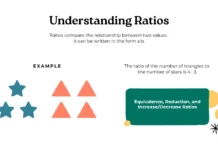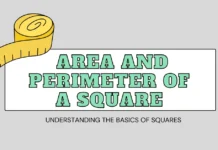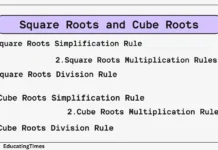Understanding Ratios: Examples, Equivalence, Reduction, and Increase/Decrease
Ratio and Proportion
Ratio is a way of comparing two quantities.
It tells you how much of one thing there is in comparison to another...
Age Related Problems
This includes all age related problems
Mastering Decimal Operations: Addition, Subtraction, Multiplication, and Division
Decimals (adding, subtracting, multiplying, and dividing)
Fractions (adding, subtracting, multiplying, and dividing)
Steps for Decimals Operation
Adding Decimals:
Align the decimal points of the two numbers.
Add the digits...
A Guide to Averages: Understanding and Calculating the Mean
Average is a term used in mathematics to describe a central value or a typical value of a set of numbers. It is also...
Understanding Direct and Inverse Proportions: Examples and Solutions
Basics of Proportion:
A proportion is a statement that two ratios are equal. A ratio is simply a comparison of two quantities.
For example, if...
Calculate Sale Price and Cost Price with Examples
Sale price
Sale Price = Original Price - (Discount Rate x Original Price)
"Original Price" is the price before the discount
"Discount Rate" is the percentage discount.
Question...
Understanding the Basics of Squares in Mathematics
Calculating Areas and Perimeters of Squares
Area of a square: A = s^2, where s is the length of one of its sides
Perimeter of a...
Exponents Surds and Indices
Exponents, Surds, and Indices
Exponents, also known as powers or indices, are a way of representing repeated multiplication of a number by itself. An exponent...
Understanding the Basics of Triangles: Area and Perimeter Calculations
Calculating the Areas and Perimeters of Triangles
Area of a triangle: A = (1/2)bh
b is the base of the triangle
h is the height of...
Square Roots and Cube Roots
Square Roots and Cube Roots
Square Roots:
Definition: The square root of a number is a value that, when multiplied by itself, gives the original number.
Simplification...

















